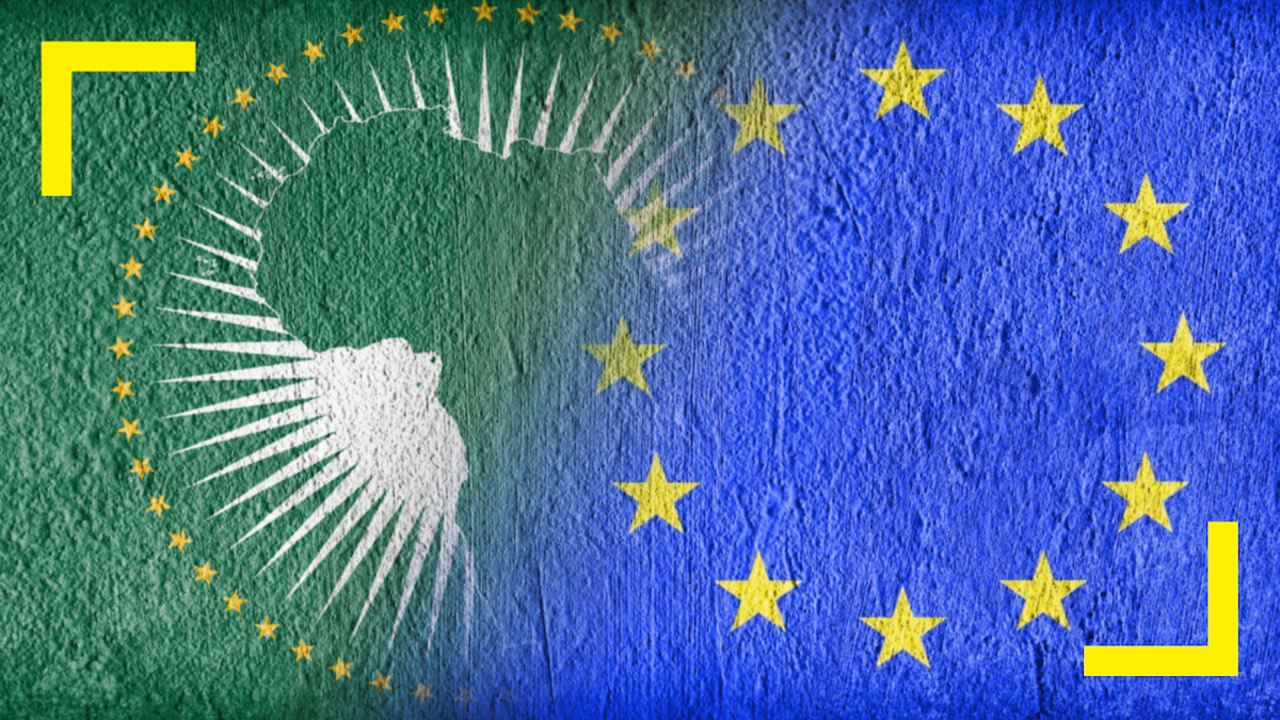Relative calm ahead of new ceasefire in Sudan

The Sudanese army and the paramilitaries who seized power in April signed a seven-day ceasefire in Jeddah on 20 May. Although the population was more hopeful this time that it would be fully maintained and allow humanitarian aid to enter, fighting continued through the night. International pressure has not helped to stop all fighting and nightly air strikes were reported after the ceasefire began on Monday. In contrast, residents of Khartoum have reported relative calm in recent hours.
Sudan has been in an unstable socio-political situation since the overthrow of Omar al-Bashir in April 2019, which ended 30 years of dictatorship. The military coup of October 2021 and the resignation of Prime Minister Abdallah Hamdok in January 2022 further fragmented the process of transition to democracy. On 15 April this year, the regular Sudanese army led by Abdel Fattah al-Burhan and the paramilitary Rapid Support Forces under Mohamed Hamdan Dagalo, alias Hemedti, began a power struggle that has already left more than 850 dead, although it is estimated that the numbers could be much higher.
#Sudan 🇸🇩: Sudanese Armed Forces released a video of their attack on a position of Rapid Support Forces (#RSF) during the recent clashes.
— War Noir (@war_noir) May 20, 2023
The SAF seemingly operates an improvised technical with 80mm B-8M1 rocket pod (from MiG-29 fighter aircraft) and S-8 unguided rockets. pic.twitter.com/5vRW4XMC0O
The agreement renewed hope for an end to the war that uprooted nearly 1.1 million people from their homes. However, hours before the ceasefire began, an audio message from Lieutenant General Dagalo was released in which he thanked Saudi Arabia and the US but urged his men to persevere until victory or martyrdom: "We will not back down until we end this coup, prosecute all those who have committed crimes against the Sudanese people and return to the democratic path," he said.
US Secretary of State Antony Blinken said that "the talks in Jeddah have been narrowly focused. A permanent solution to this conflict will require much more. He explained that the monitoring mechanism would be "remote", but did not elaborate on what such a system would consist of. "If the ceasefire is violated, we will know about it, and we will hold violators accountable through our sanctions and other tools at our disposal," he explained.
Sudan War: Major markets in Khartoum was destroyed in the ongiong War. pic.twitter.com/J4wbgq6x9h
— Zagazola (@ZagazOlaMakama) May 20, 2023
Meanwhile, the humanitarian situation worsens by the day. In Khartoum and Darfur, almost all hospitals are out of service because they have been bombed, have insufficient medical supplies or are occupied by the fighting forces. According to the country's Doctors' Union, more than 3,500 people have been injured by the conflict. Before the war, the country depended on humanitarian aid, which is why food shortages and the lack of medical assistance put millions of Sudanese in grave danger. According to the UN, 25 million people across the country are in need of humanitarian aid. The conflict has caused more than one million Sudanese to be displaced or flee the country in five weeks. This figure could double if the war continues, creating further instability for neighbouring countries such as Chad and Egypt, which would be forced to take in refugees arriving at their borders.
According to the UN, if the conflict continues, a million more Sudanese could flee to neighbouring countries, which fear the contagion of violence. According to UNHCR, Chad has already taken in between 60,000 and 90,000 Sudanese refugees in a month.
Day 4 and still no word from #Geneina, West #Darfur. The situation there is dire, with unimaginable violence ravaged the area. While the world's eyes are fixed on the #Khartoum ceasefire, we cannot forget the URGENT need for aid and attention in Geneina.#Sudan#TogetherForSudan pic.twitter.com/XCsdupHZz1
— Ahmed Omer (@Ahmed_Shaweesh) May 23, 2023
In addition, there are reports of sexual violence against women and girls, including allegations of rape in Khartoum and Darfur which are being investigated by the UN, according to the UN Representative in Sudan, Volker Perthes.
The UN's immediate priority is to achieve a stable ceasefire with a monitoring mechanism, prevent the conflict from degenerating into inter-ethnic confrontation, protect civilians and provide humanitarian relief.
Volker Perthes has called on the warring parties to engage in dialogue and, before the UN Security Council, stated that "the leaders of the two sides have chosen to resolve their unresolved conflict on the battlefield rather than at the table. It is their decision that is devastating Sudan. And they can put an end to it.








